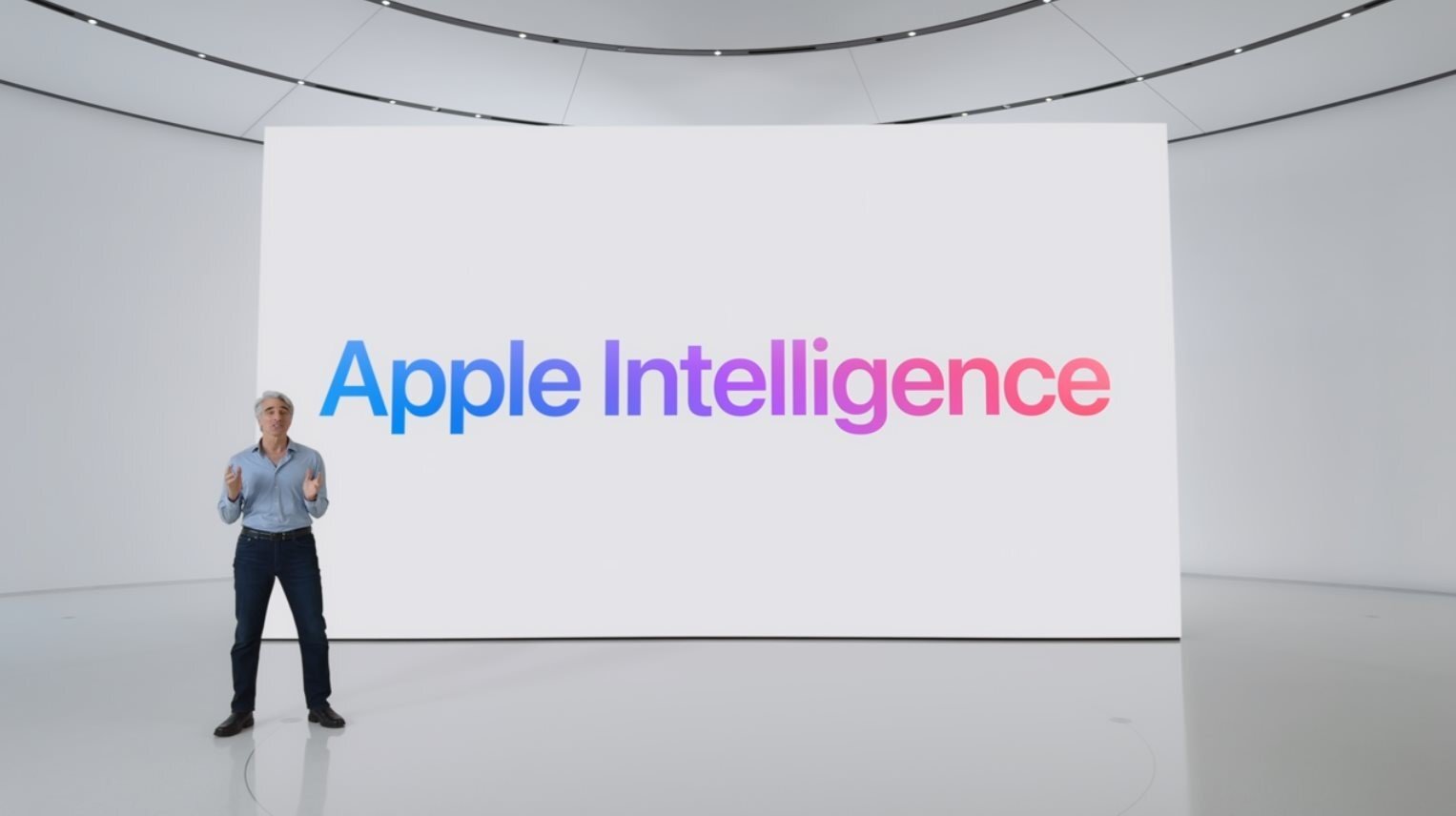iPhone maker Apple Inc. recently declined an offer from Meta Platforms Inc. to integrate Meta's Llama chatbot into its mobile devices as part of an artificial intelligence (AI) partnership, Bloomberg reported. According to sources, the two companies held preliminary talks in March about integrating the Llama AI chatbot into the iPhone. However, these discussions did not progress to a formal stage, and Apple currently has no plans to pursue this collaboration.

In contrast, Apple has been actively engaging with other major players in the AI space. The company has been in discussions with OpenAI and Alphabet regarding their AI products—ChatGPT and Gemini, respectively. Apple announced a deal with OpenAI in early June, and a future collaboration with Alphabet for its Gemini AI product is expected.
Reasons Behind Apple's Decision
Several factors contributed to Apple's decision to reject Meta's offer. Sources indicate that Apple's concerns about Meta's privacy practices played a significant role. Apple, known for its stringent stance on user privacy, did not find Meta's privacy measures robust enough. Furthermore, integrating Meta's Llama chatbot would have been a significant departure from Apple's previous criticisms of Llama, making such a partnership unlikely.

In contrast, ChatGPT is seen as a superior offering by Apple, and the company already has established relationships with Google, which makes a potential collaboration with Alphabet's Gemini more feasible. Additionally, Apple is optimistic about the potential of its AI start-up, Anthropic, and a future chatbot from this initiative is also on the horizon.
Apple's Expanding AI Capabilities
At the Worldwide Developer Conference 2024 in California on June 10, Apple introduced a new suite of AI features branded 'Apple Intelligence.' These features will be available to users of the iPhone 15 Pro and later models, as well as iPad users with M1 and later chipsets.
Apple Intelligence includes enhancements to Siri, such as on-screen awareness, enabling Siri to understand and interact with the content displayed on a user's screen. This means Siri can execute commands within specific apps, such as finding a particular photo, performing calculations, or taking notes, based on user instructions. Notably, Siri's new capabilities are not limited to Apple's native apps and can be extended to third-party applications.

Apple's decision to reject Meta's AI partnership offer underscores its commitment to privacy and strategic alignment with other leading AI technologies. As Apple continues enhancing its AI capabilities with collaborations and innovations, the future of AI on Apple devices looks promising.
Inputs by Agencies
Image Source: Multiple Agencies
Ⓒ Copyright 2024. All Rights Reserved Powered by Vygr Media.






















